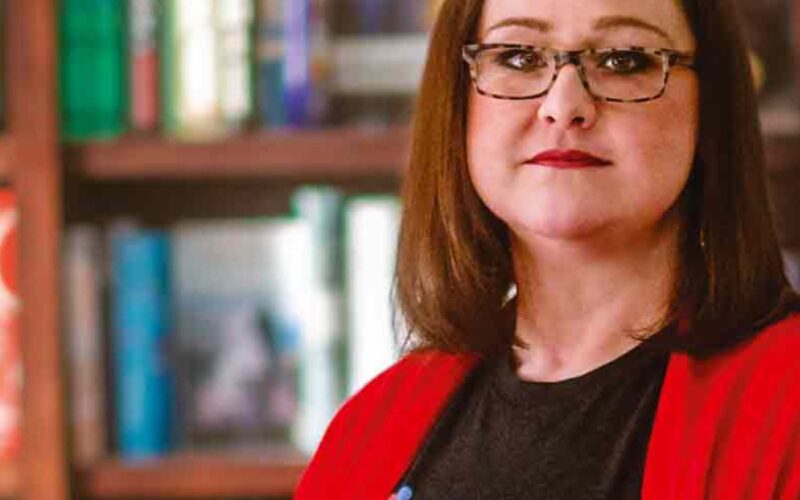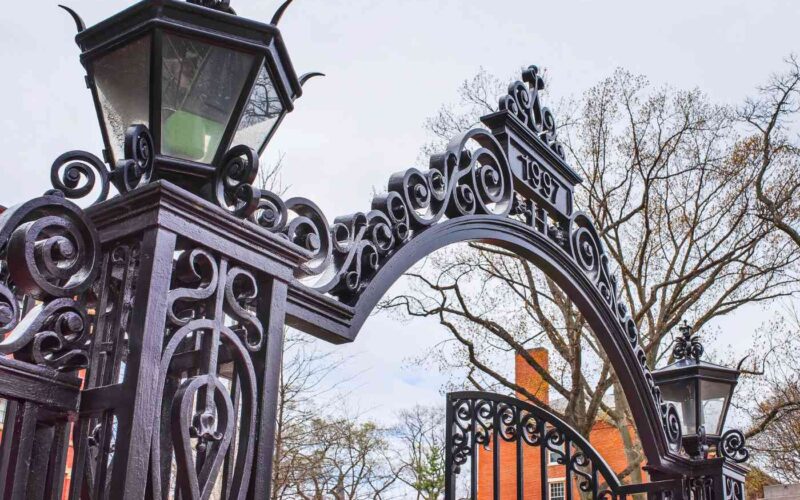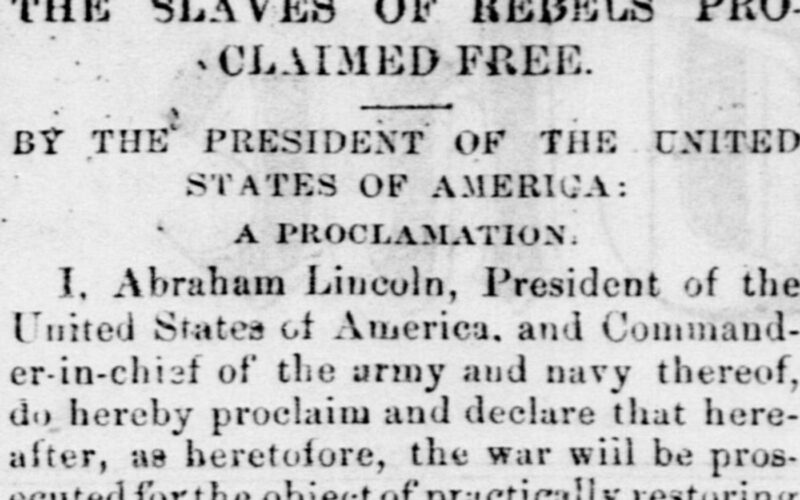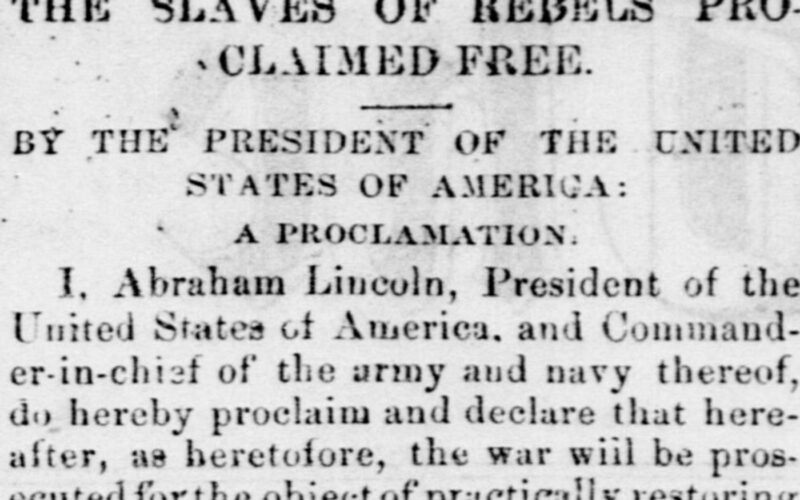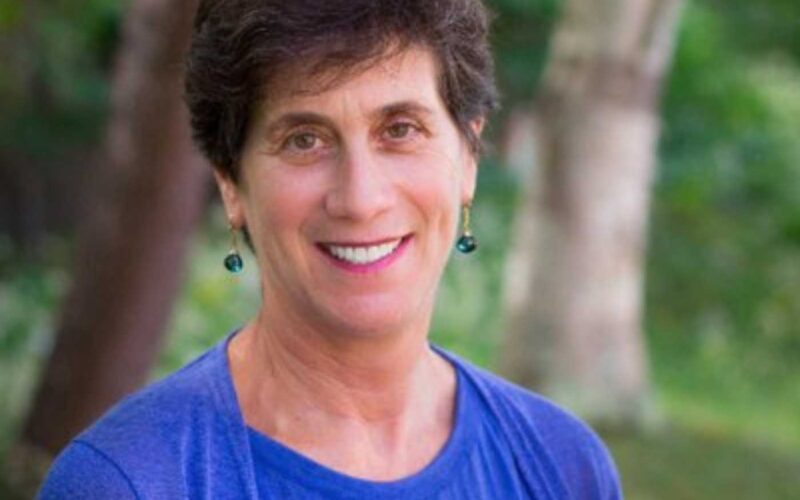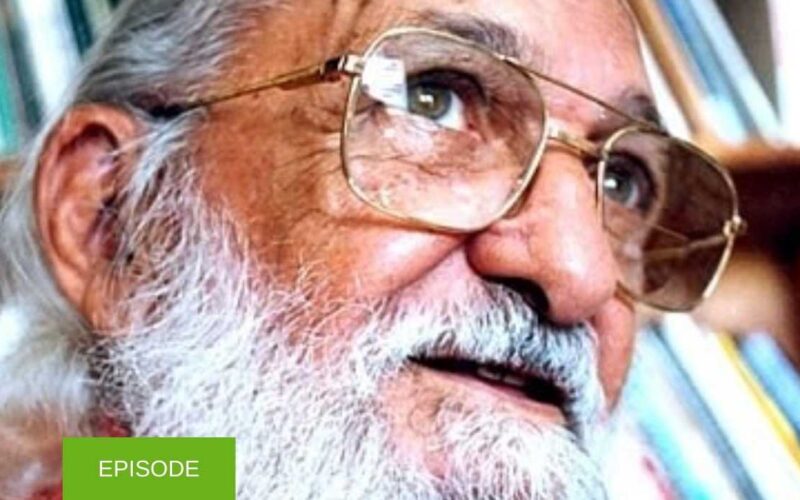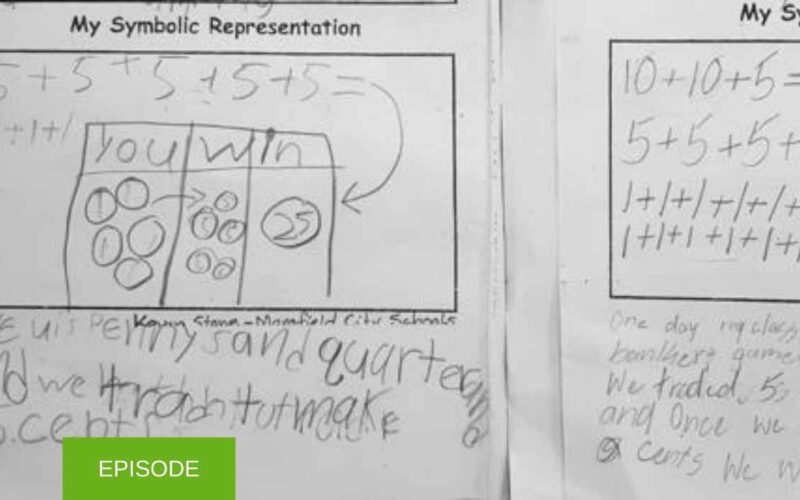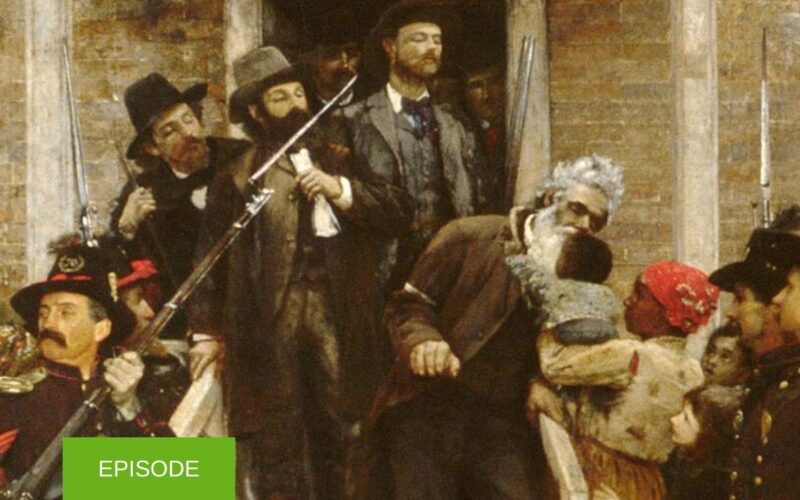“The hate level is unreal”: fighting book bans and protecting librarians
We speak with Amanda Jones, a school librarian in Livingston Parish, Louisiana. Ms. Jones is the author of “That Librarian: The Fight Against Book Banning in America.” The book recounts how speaking out for race- and gender-related books in libraries led to her being targeted and threatened by book-banning extremists. She describes initial abandonment by friends and colleagues who were afraid to speak up. But nationwide, librarians and their constituents are fighting back. Ms. Jones includes tips for librarians and teachers facing attacks.
Read More
